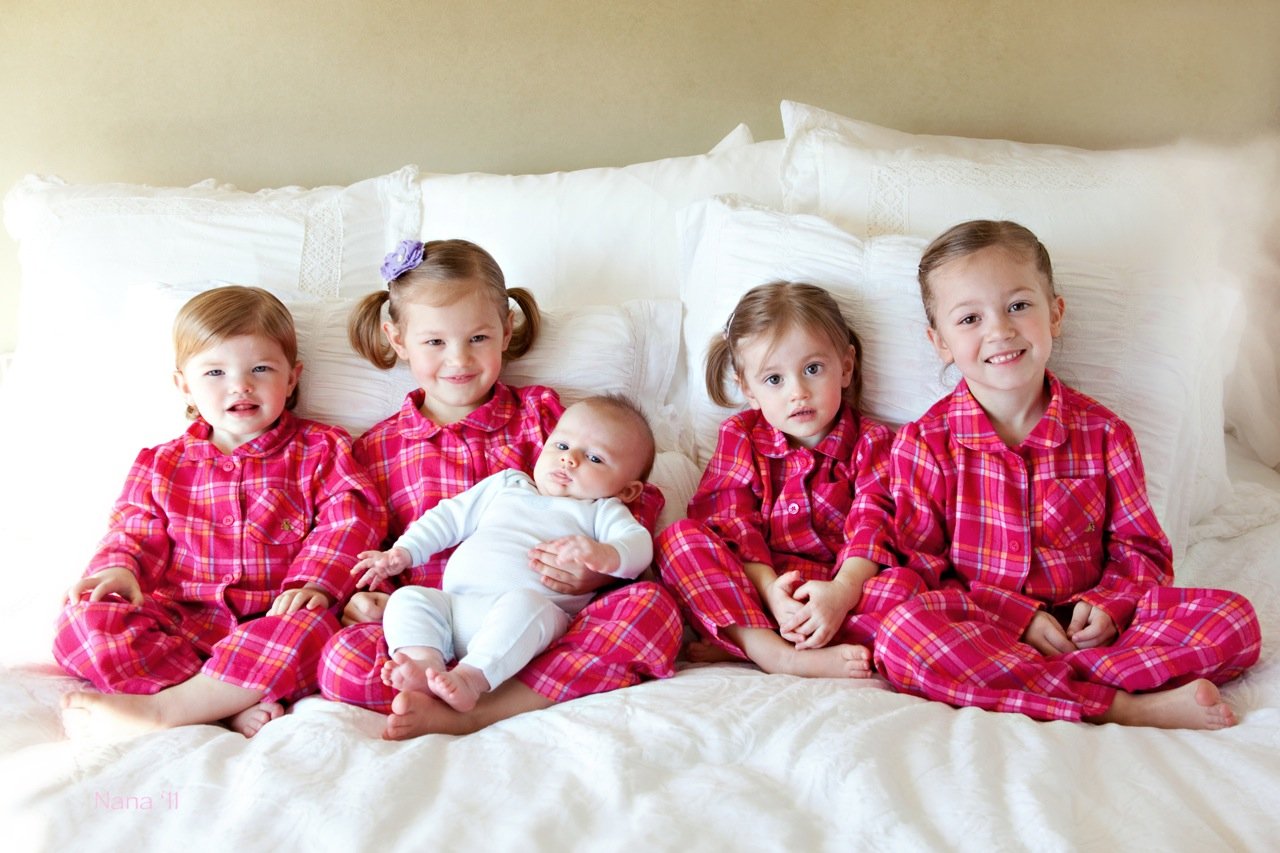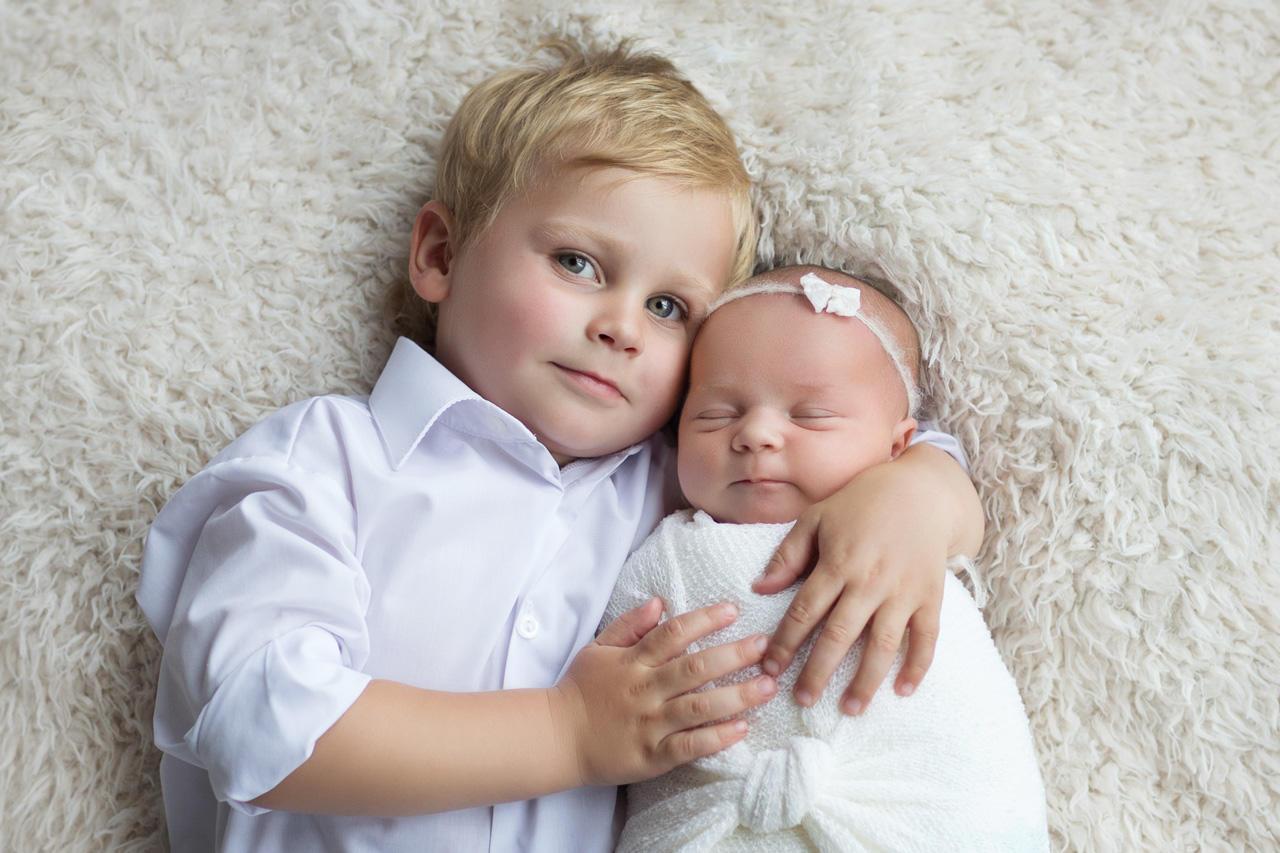Did you know that birth order affects your personality traits? You may have noticed that you and your siblings have polar differences and unique personalities, despite sharing some similar familial characteristics. Sometimes, you may find your peers more relatable than your siblings. Depending on your order in the birth chronology, you may have developed certain qualities that are strikingly similar to people who are in the same birth line.
Only children are confident with fantastic leadership qualities
Because of their unique position in the family, they are an amalgamation of the first, middle and last born children. Only children get the parents’ complete attention, making them the ‘project child’ who has a lot of expectations to live up to. They are responsible and eager to please. Being surrounded by adults, they are observant and perfectionists. Consequently, only children are more mature when compared to other children of their age. Because of this, they can take up leadership positions easily. Like the last born, they also tend to be spoiled and self-centered.

Last-born Children are adaptive, creative, charming and a tad bit manipulative
The ‘baby’ of the family looks up to the older siblings and learns many things from them. By the time they have the last child, parents are relaxed and confident because of their previous trial-and-error experiences. As a result, they impose lesser discipline upon the ‘baby’ than they did on the first born child, but usually, shower more attention on them than the middle born child. As expected, the youngest have their way with the parents, and the older siblings may be jealous because of that. They are predisposed to be fluent in the art of manipulation because they have enough practice while growing up.

Last-borns are the ‘baby’ of the family
As parents loosen up their strict regulations while tending to other attention-seeking children, last-born children develop traits that are very different from their older siblings. Without having to take up major responsibilities while growing up, the youngest children are usually fun-loving and happy. They neither worry about pleasing the parents nor busy themselves to brand their unique identity. They seek parental attention and are traditionally self-centered.

Non-cognitive skills decline as the birth order descends according to research
This means that the firstborns are more prone to be conscientious, persistent, and perform well in teamwork. These skills, critically important to a child’s achievement, both in and beyond the classroom can have a significant impact. Since these skills decline as the birth line descends, the firstborns are at an advantage. Occupational sorting in siblings may work accordingly- the earlier born children are more equipped to land jobs that require non-cognitive skills more than the later born children.

Firstborns are high achievers, and it isn’t even surprising
Well, you can blame this mostly on the fact that he first child is the ‘project child’. Excited new parents tend to be overly attentive, ambitious and careful when it comes to their first born. So, the first born, with or without the parents’ intention, becomes the experimental child. As a result, firstborns tend to be perfectionists eager to please the parents. They also have a strong desire to win, are motivated to keep their winning streak alive even when removed from the home environment.

Step-siblings tend to clash over the confusing sibling dynamic
When two families blend, the pre-existing birth order is toppled. Each child has already developed particular traits based on their chronological position, so, they rarely accommodate to the new intrusive change. So, instead of forming a united front, they tend to develop a sibling dynamic that does not blend at all.

Firstborns are emotional pillars for people around them
Research shows that firstborns have excellent soft skills. They are emotionally stable, socially outgoing and mature. Since they stand immediately next to the parents in the family’s serial line, firstborns instinctively take care of their younger siblings in their parents’ absence. They are willing to take up responsibilities and handle things when the situation calls for it.

